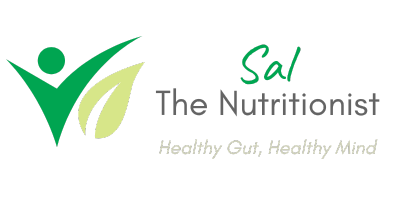My 14 year old daughter has become a vegetarian. She said she would make her own meals but it’s not happening and I’m not making separate dinners for the family. She does not eat a wide range of foods and is possibly nutrient deficient as it is. Being a vegetarian takes careful planning to obtain all the correct nutrients. I was a vegetarian in my 20’s and I ate rubbish – I was not healthy! If your child isn’t fussy, that’s great but be careful with the fussy ones. Having said this, children who eat meat can still end up being nutrient deficient. But first, the best aspects of being a vegetarian – better for the environment and for children who can’t face the thought of an animal killed for our consumption. Also, some would say, better for your health. So which are the most important nutrients that a vegetarian may be lacking in?
Iron – iron rich plant foods are poorly absorbed so eat Vitamin C rich foods at the same time.
| Deficiency Signs | Foods | |
| IRON | Poor sleep quality, fatigue, ADHD, poor immunity, impaired cognitive development, anaemia, muscle weakness | Legumes, dark green leafy vegetables, seeds, wheat germ, iron-fortified foods, cashews,almonds, tofu/tempeh, dried fruit,oats, foods fortified with iron |
Eat Vitamin C foods with iron foods – this increases absorption: red capsicum, broccoli, kiwi fruit, lemon, orange.
| Deficiency Signs | Foods | |
| ZINC | Impaired growth, immunity, acne, poor appetite, poor would healing | Seeds, cashews, oats, brown rice, legumes, tofu, grains, eggs |
| Deficiency Signs | Foods | |
| VITAMIN B12 | Depression, irritability, fatigue, poor concentration, mood swings, anaemia, depression and confusion | Milk, dairy products, eggs, foods fortified with B12 |
| Deficiency Signs | Foods | |
| OMEGA 3 | Dry skin, dry hair, poor sleep, poor learning, depression, excessive mood swings, anxiety | Excessive mood swings, anxiety Flaxseeds/linseeds, chia seeds, flaxseed oil, walnuts |
There are other nutrients to consider;
Bone density – Nutrients that are required for bone health include calcium, vitamin D, protein, phosphorus, magnesium, zinc, copper, manganese, vitamin C, vitamin B-12, vitamin K and potassium. That’s a lot of nutrients!
Foods – dairy products, green leafy vegetables, legumes, vegetables, fruit, eggs, grains, nuts, seeds, tahini, mushrooms, Vitamin D fortified foods, sunlight.
Protein – a super important macronutrient. Needed for growth, tissue repair, immune function, making essential hormones and enzymes, neurotransmitter function, maintaining lean muscle mass.
Foods – eggs, dairy products, legumes, grains, oats, nuts, seeds, tofu/tempeh, tahini
Please note, this is a simplified version of what a vegetarian child must be eating. If concerned, contact your Nutritional Medicine Practitioner.
Tags
[tags_all_in_one number=”20″ smallest=”11″ largest=”11″ unit=”px” separator=” ” orderby=”name” order=”asc” post=”true”]

